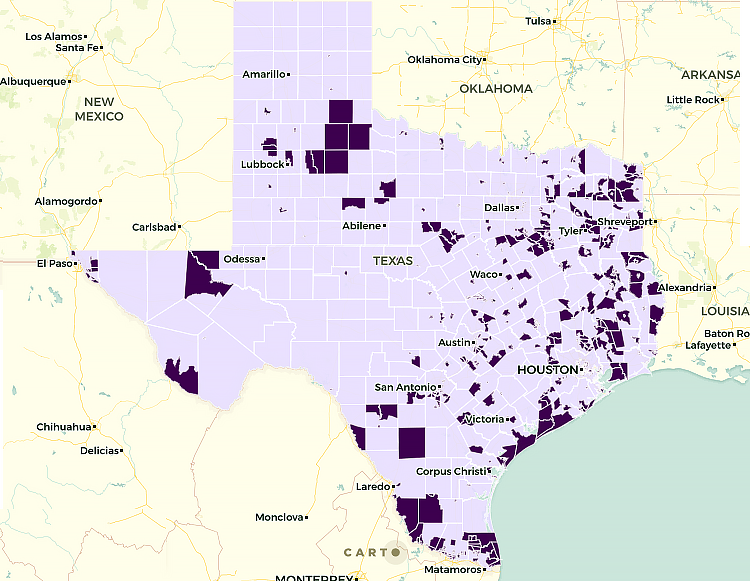Transwestern Real Estate Services (TRS) announces the Houston Office Leasing Brokers Association (HOLBA) has recognized Managing Director Doug Little as the Landlord Broker of the Year for his office leasing efforts in 2020. Little was a finalist for the broker of the year award in 2018 and on the team that received the HOLBA Deal of the Year award in 2019 on behalf of Brookfield for Direct Energy’s 105,578-square-foot lease at 2 Houston Center. This honor is voted on by the tenant representation community in Houston and was presented to Little at the HOLBA Awards ceremony on May 13, 2021. In 2020, Little’s team completed approximately 748,200 square feet of lease transactions with an aggregate value exceeding $132 million. Notable leases include TGS-Nopec Geophysical Company at 10451 Clay Rd. (97,295 square feet), Cadence Bank at Park Towers South (82,215 square feet), Ryan LLC at Park Towers North (66,750 square feet) and Linebarger, Goggan, Blair & Sampson at Loop Central III (43,113 square feet).









